Money, Security and Balance: What Australian Workers Really Think
When it comes to careers, salary has always mattered — but SEEK’s 2025 Money Matters report shows just how much financial pressures are reshaping what Australians want from work.
At Edge Recruitment, we know recruitment is about more than filling roles. It’s about understanding what motivates people — and helping employers and job seekers find the right fit.
From pay and side hustles to flexibility and balance, the research paints a clear picture of a workforce making tough trade-offs in today’s climate...
Financial security feels fragile
The research shows only one in three workers (36%) feel financially secure, while 96% are worried about the cost of living.
For younger generations, the challenge is even sharper: a third of Gen Z say housing affordability is their biggest concern, compared to virtually none of the baby boomers surveyed.
Even steady employment no longer guarantees comfort. Two in five workers say they can’t live comfortably on their current salary, with most people believing they need $80,000–$100,000 to feel secure. Yet, more than half of those earning under $83,000 don’t believe they’ll reach that figure in the next three years.
The rise of side hustles
With financial goals feeling out of reach, many workers are looking for ways to boost income outside their day job. The report found 52% intend to take on second jobs, while 56% already have or are considering a side hustle.
This is particularly true in industries like retail, hospitality and admin support where workers feel limited opportunities for salary progression.
Flexibility versus money: a balancing act
The report highlights the constant trade-offs Australians are making. While flexibility is highly valued, 76% of workers would give up working from home and return to the office full-time for a pay rise.
But flexibility still matters deeply: 24% say no amount of money would convince them to give it up, especially parents, carers, and those managing health needs.
Interestingly, remote workers may earn slightly less on average, but they save significantly on commuting, clothing and meals — proving that flexibility holds both financial and lifestyle benefits.
Beyond pay: what workers want
When pay rises aren’t possible, Australians are clear on their priorities:
- Extra annual leave (41%) is the most appealing benefit
- Reduced working hours, rostered days off, and flexible arrangements also rank highly
- Traditional perks like company cars or discounts barely feature
This shift shows that workers increasingly value time as much as money.
Balance versus big bucks
Despite financial pressures, two-thirds (65%) of Australians say work-life balance is more important than a higher salary.
- Baby boomers and women are most likely to prioritise balance
- Gen Z workers lean more heavily toward salary, reflecting housing and cost pressures
That said, significant financial incentives can shift priorities. Many workers admit they’d compromise on balance — by working longer hours or taking on more responsibility — for a 20% pay rise.
What this means for employers and job seekers
The takeaway is clear: Australians want both security and balance but often must compromise.
For employers, this means salary remains critical, but it isn’t the whole story. Flexible arrangements, time-based benefits and genuine pathways for career growth are equally powerful tools in attracting and retaining talent.
At Edge Recruitment, we see this play out every day. Understanding these dynamics helps us support both employers looking to build strong teams and job seekers wanting workplaces that meet their financial and lifestyle needs.
Looking to hire with these trends in mind? Talk to Edge about building competitive, people-focused workplaces that attract the right talent.
Thinking about your next career move?
Get in touch with our experienced team - we can help you find the balance of financial security and lifestyle that works for you.














